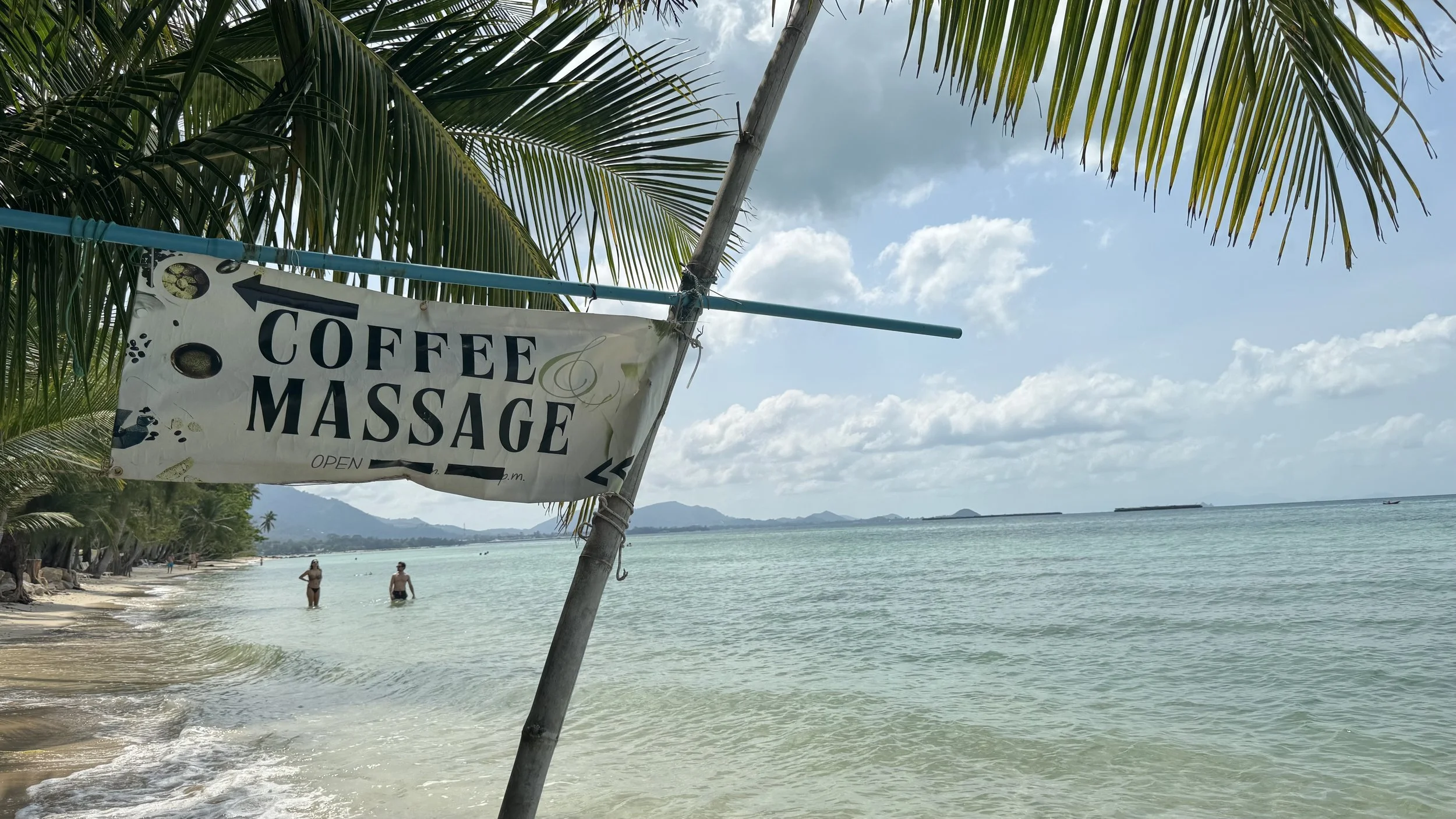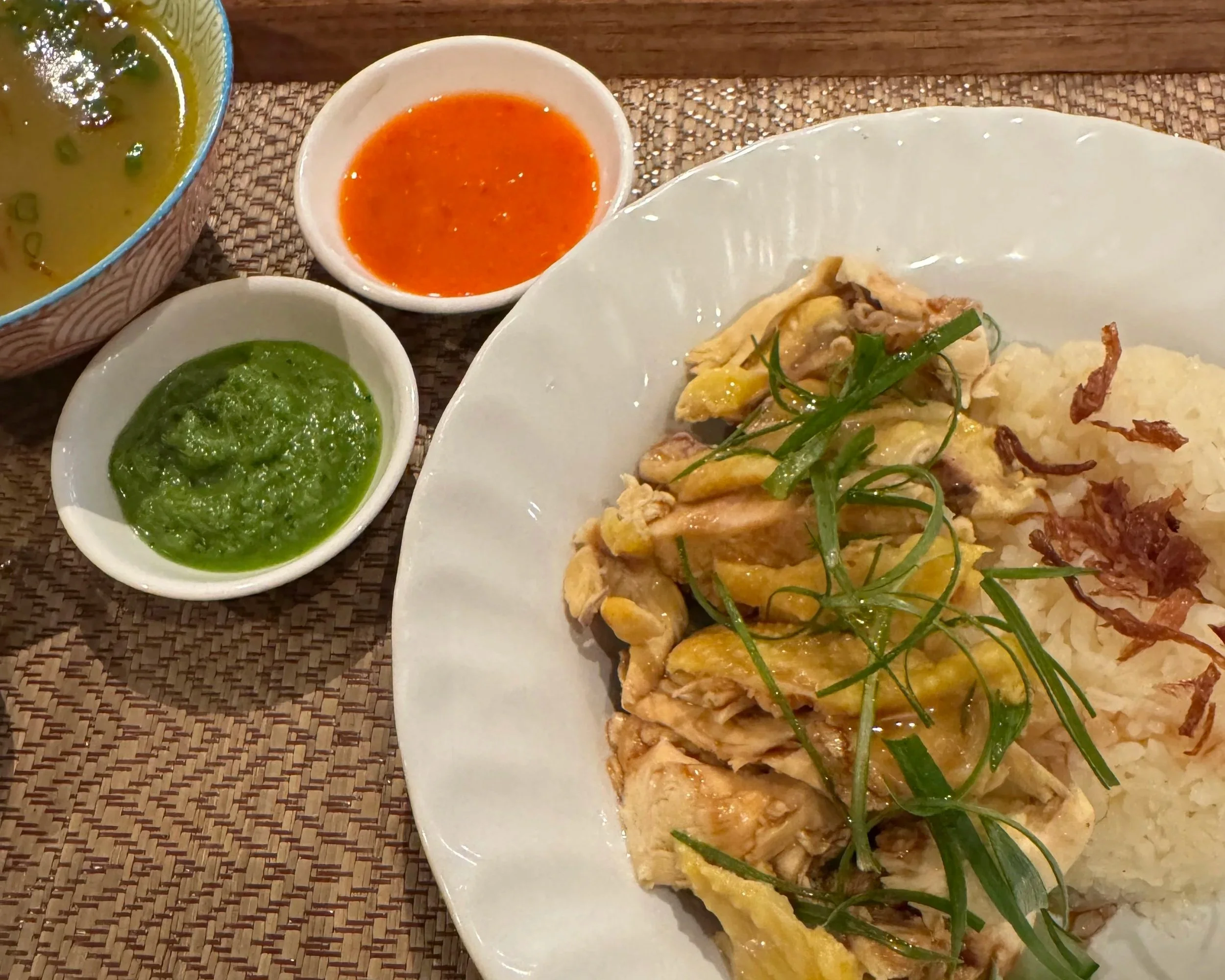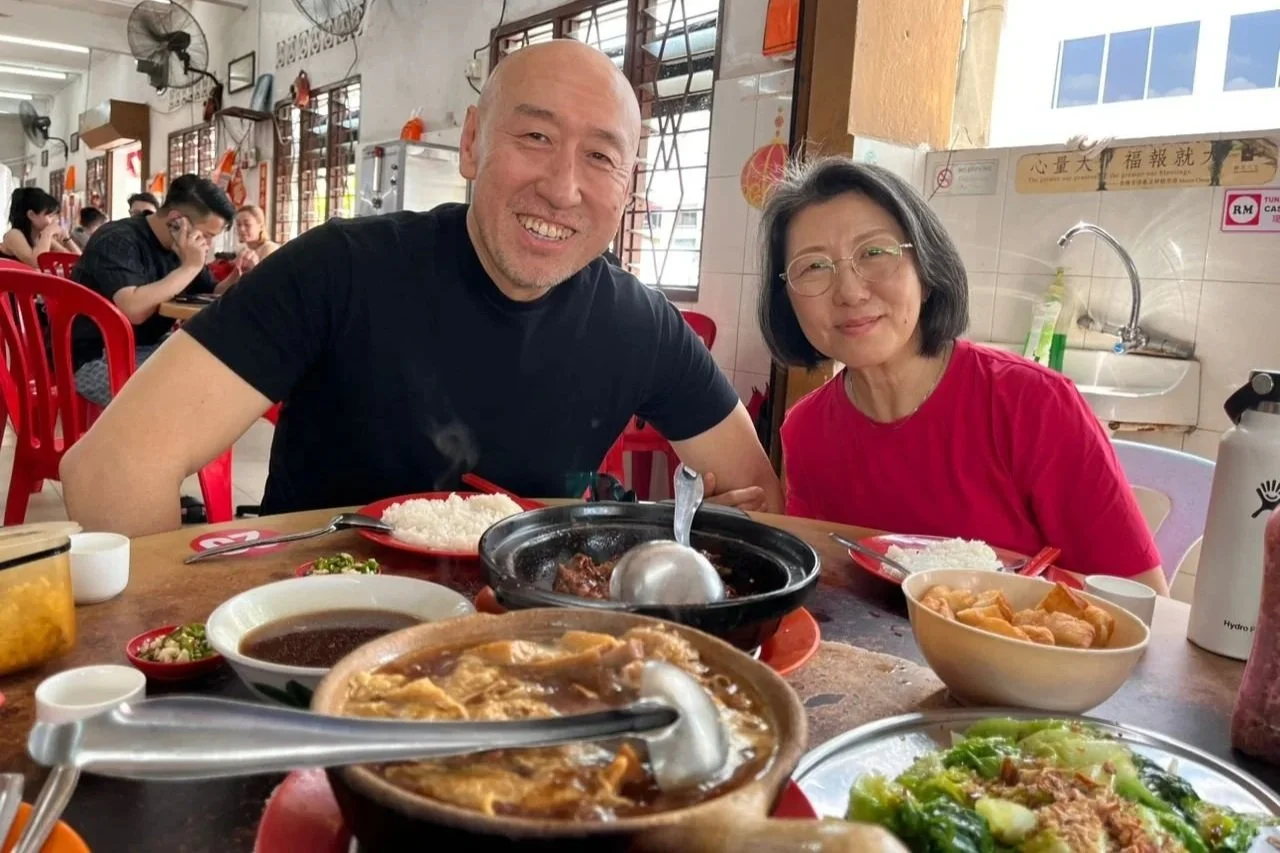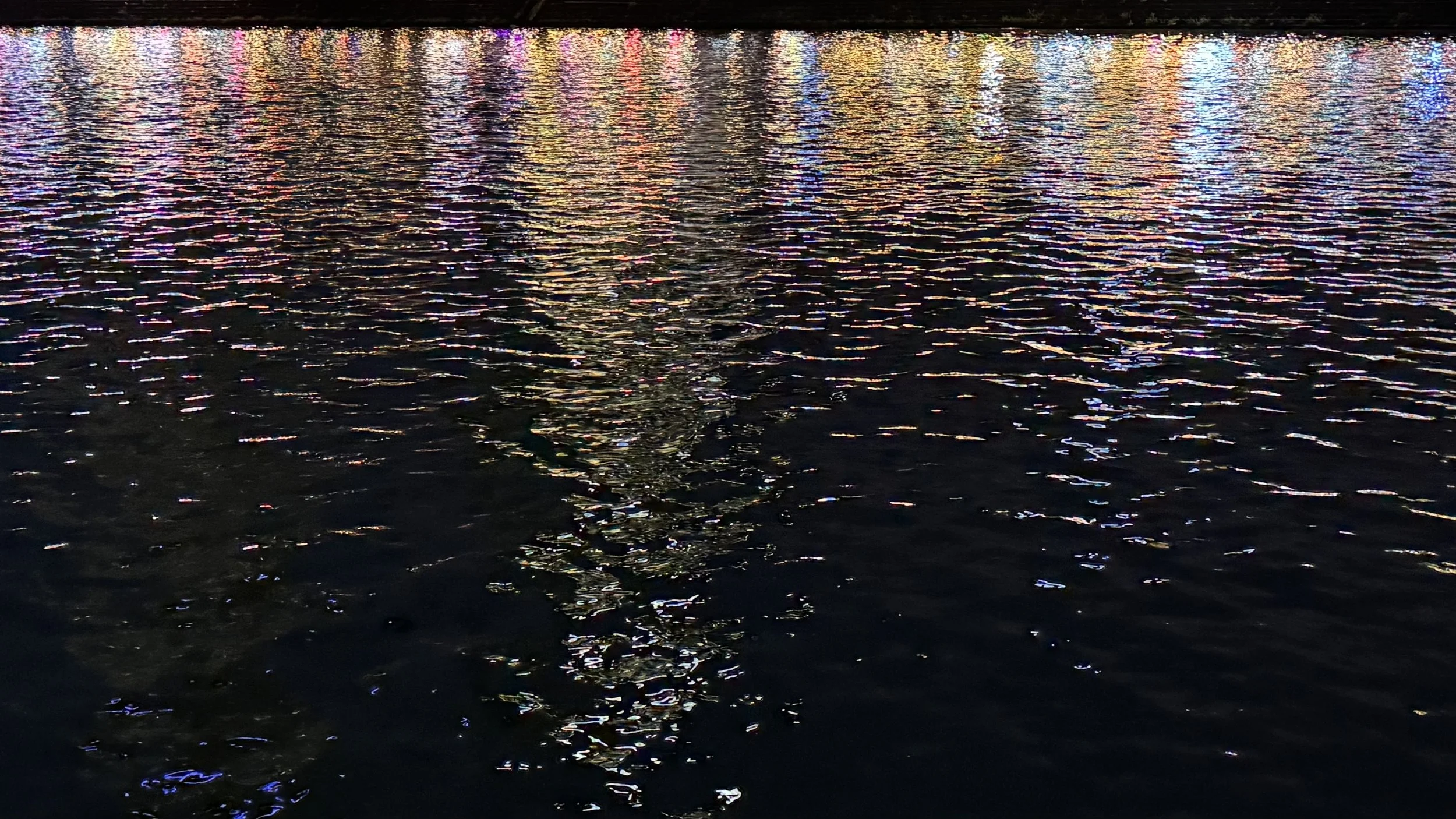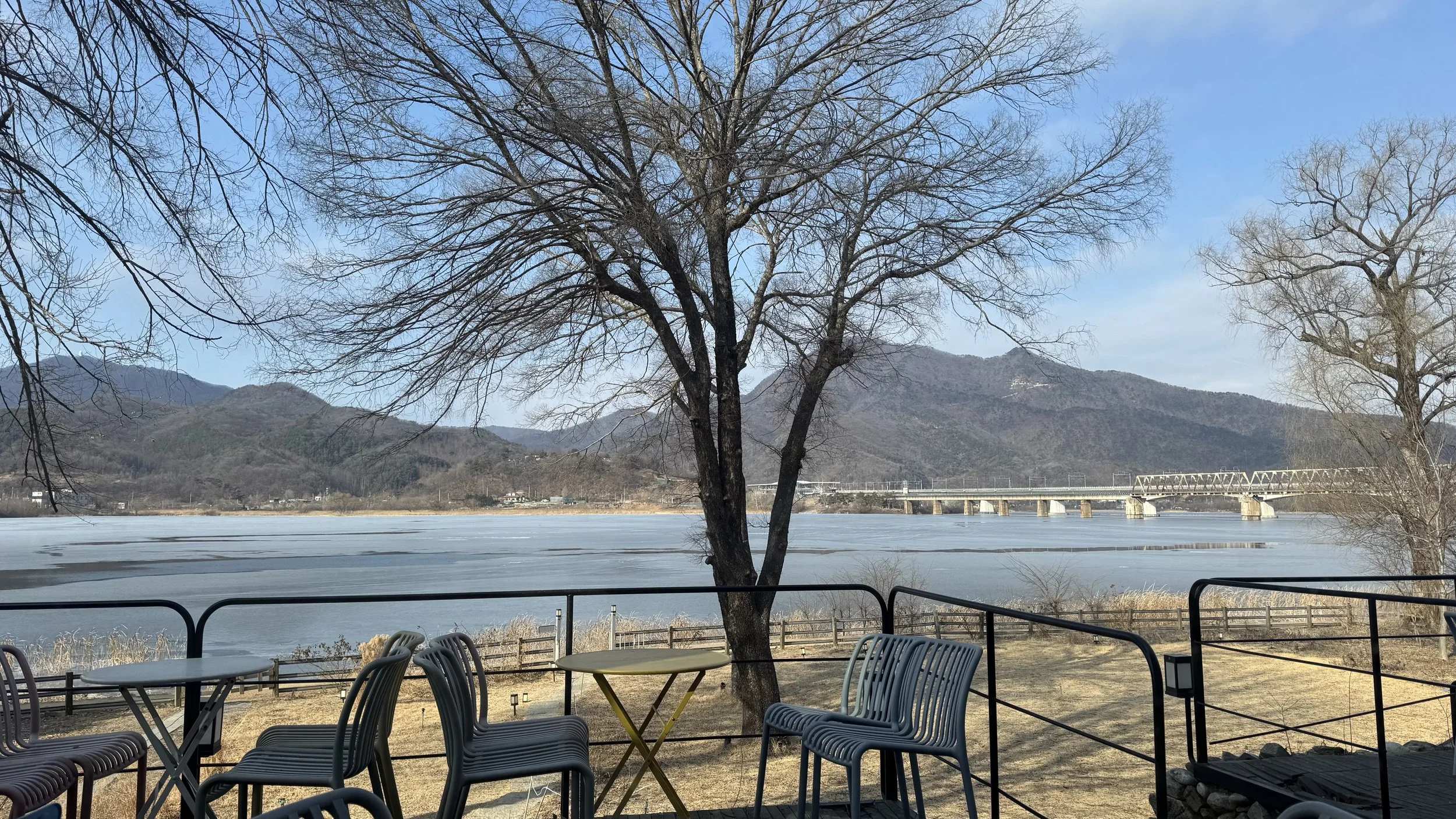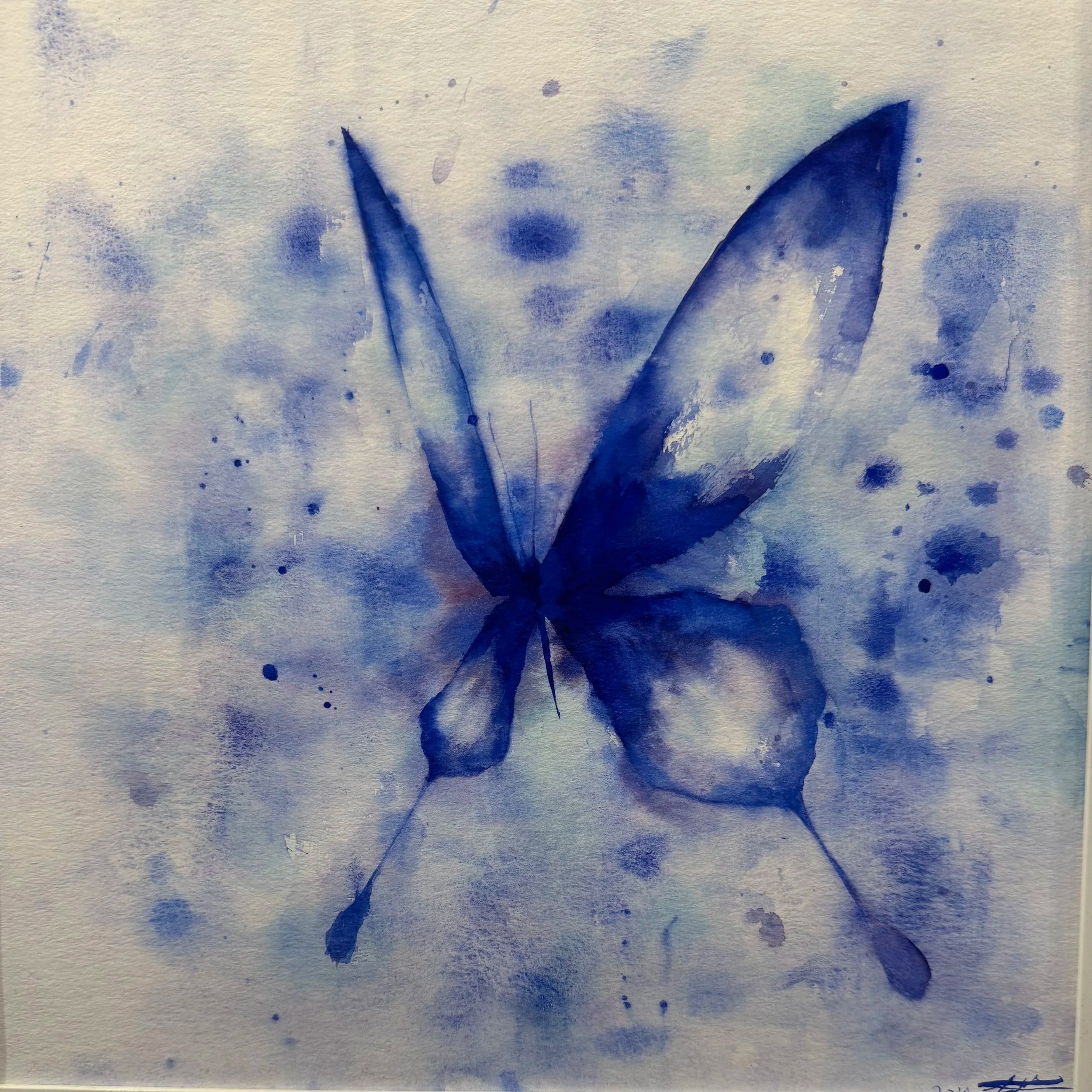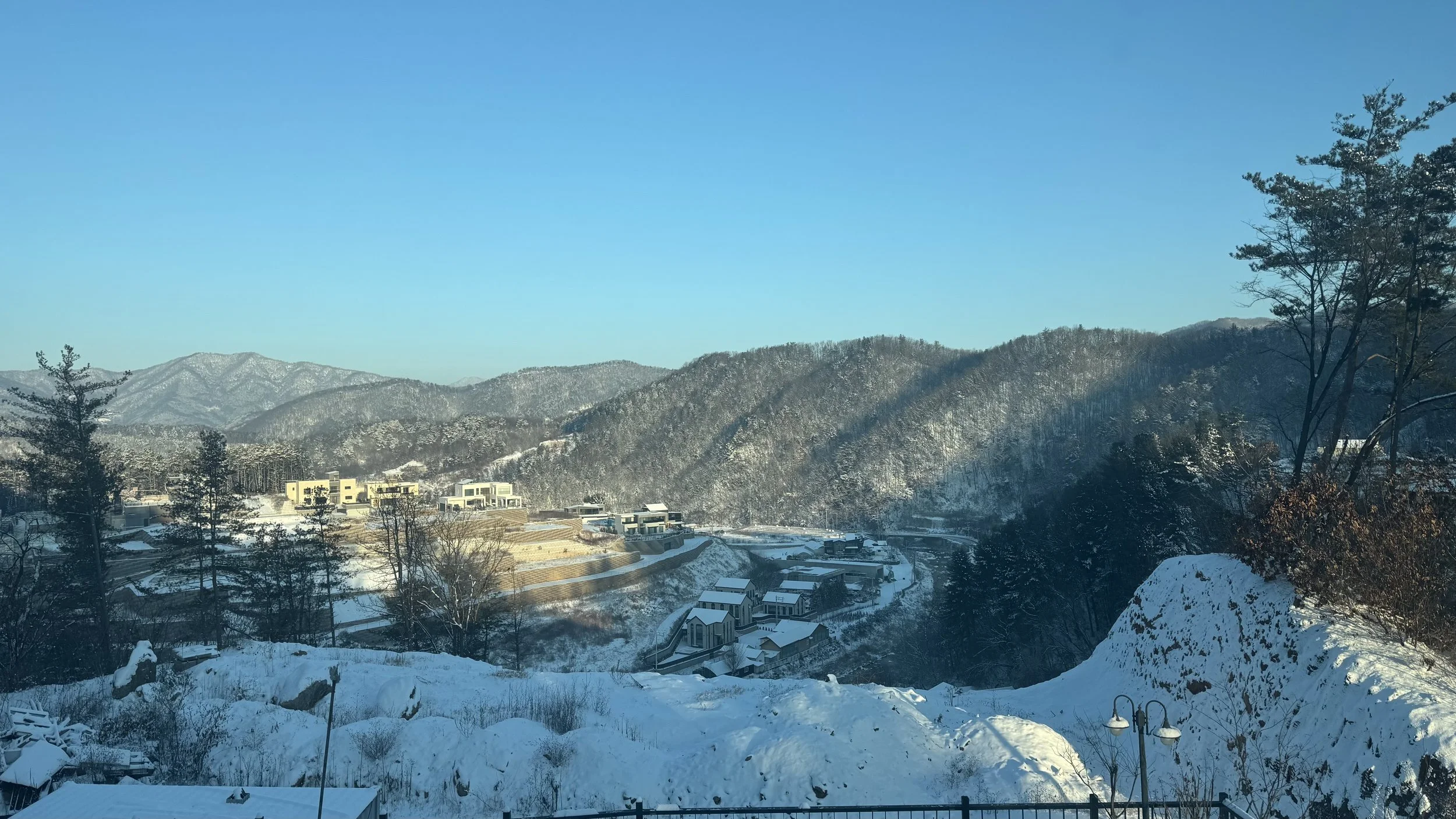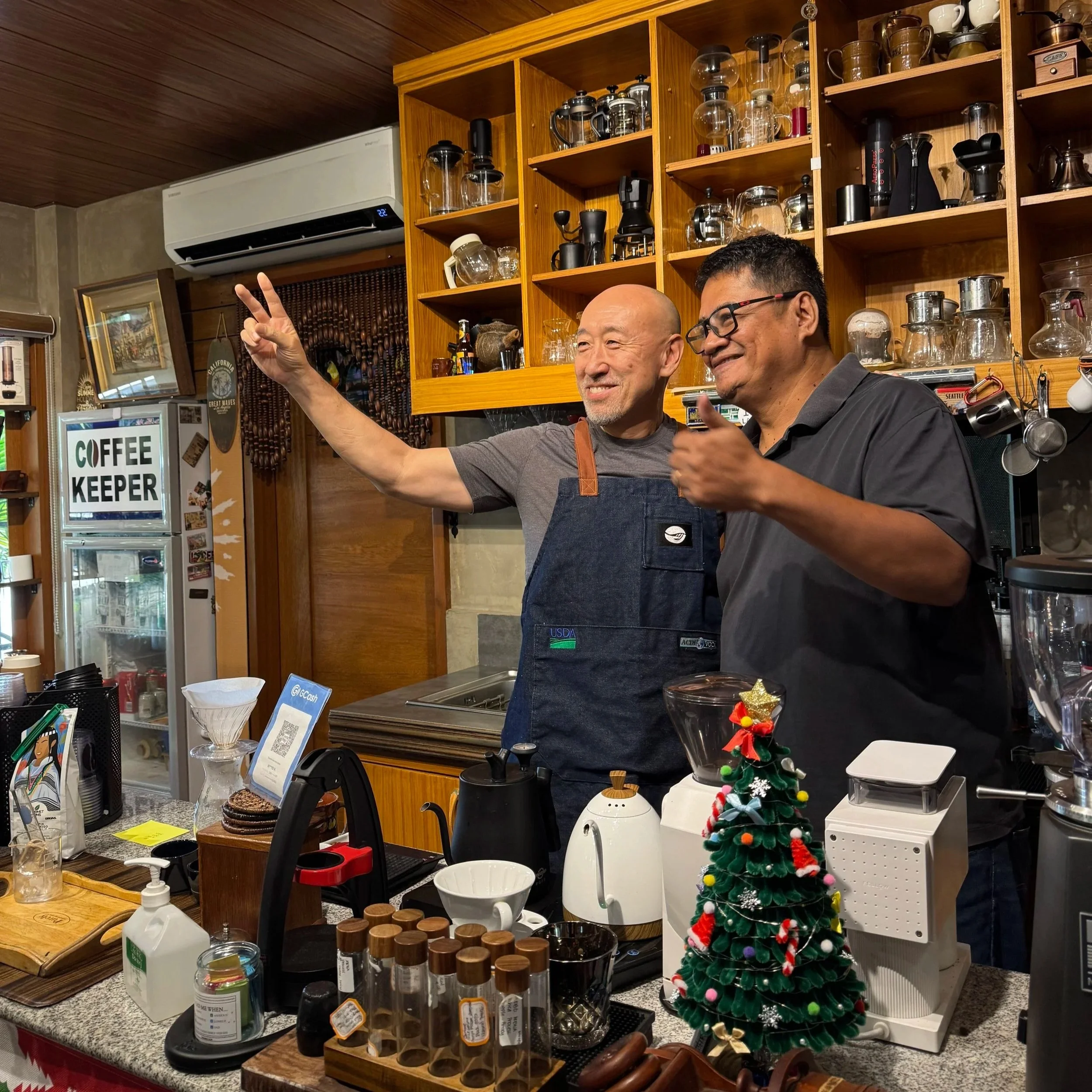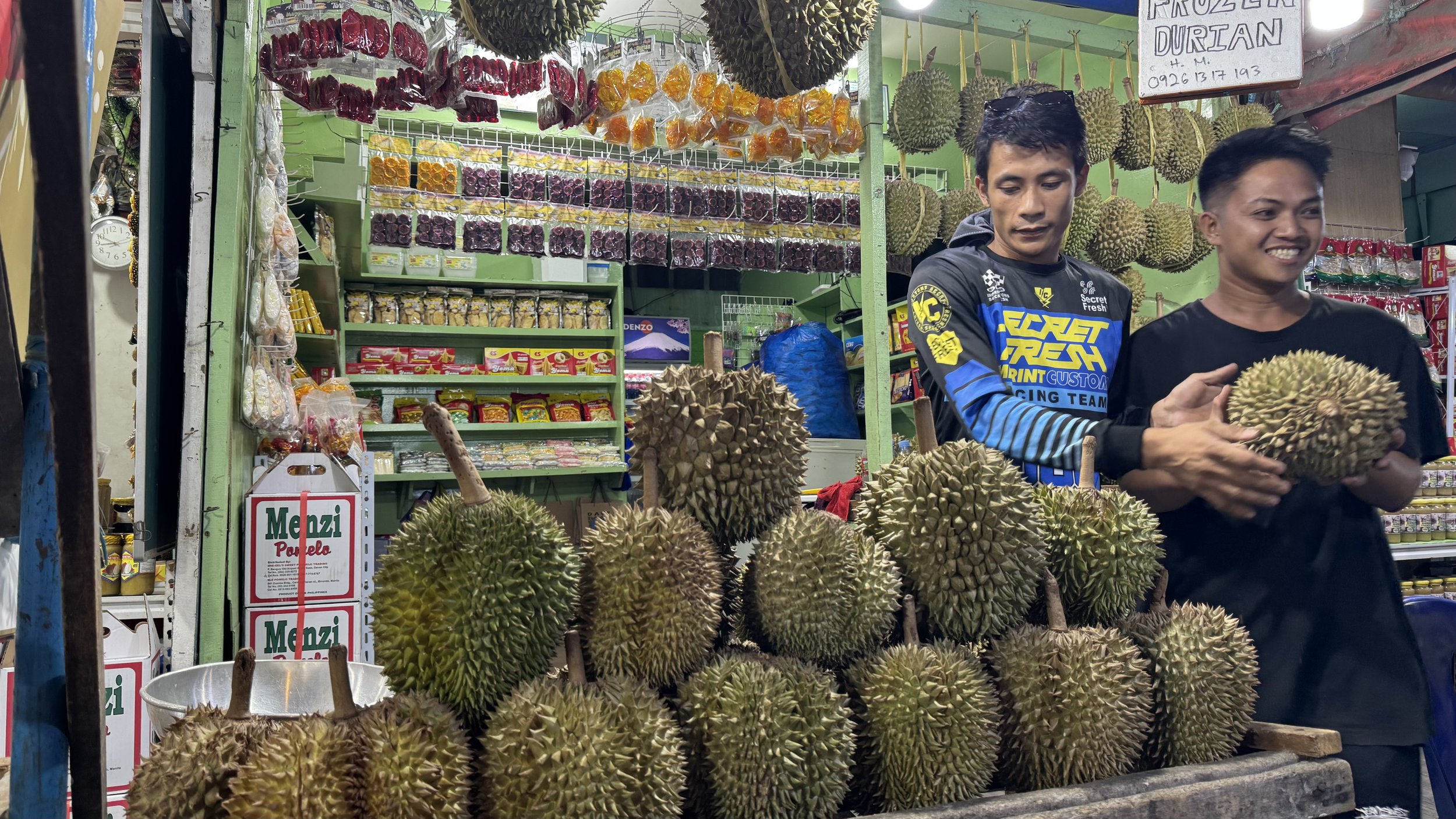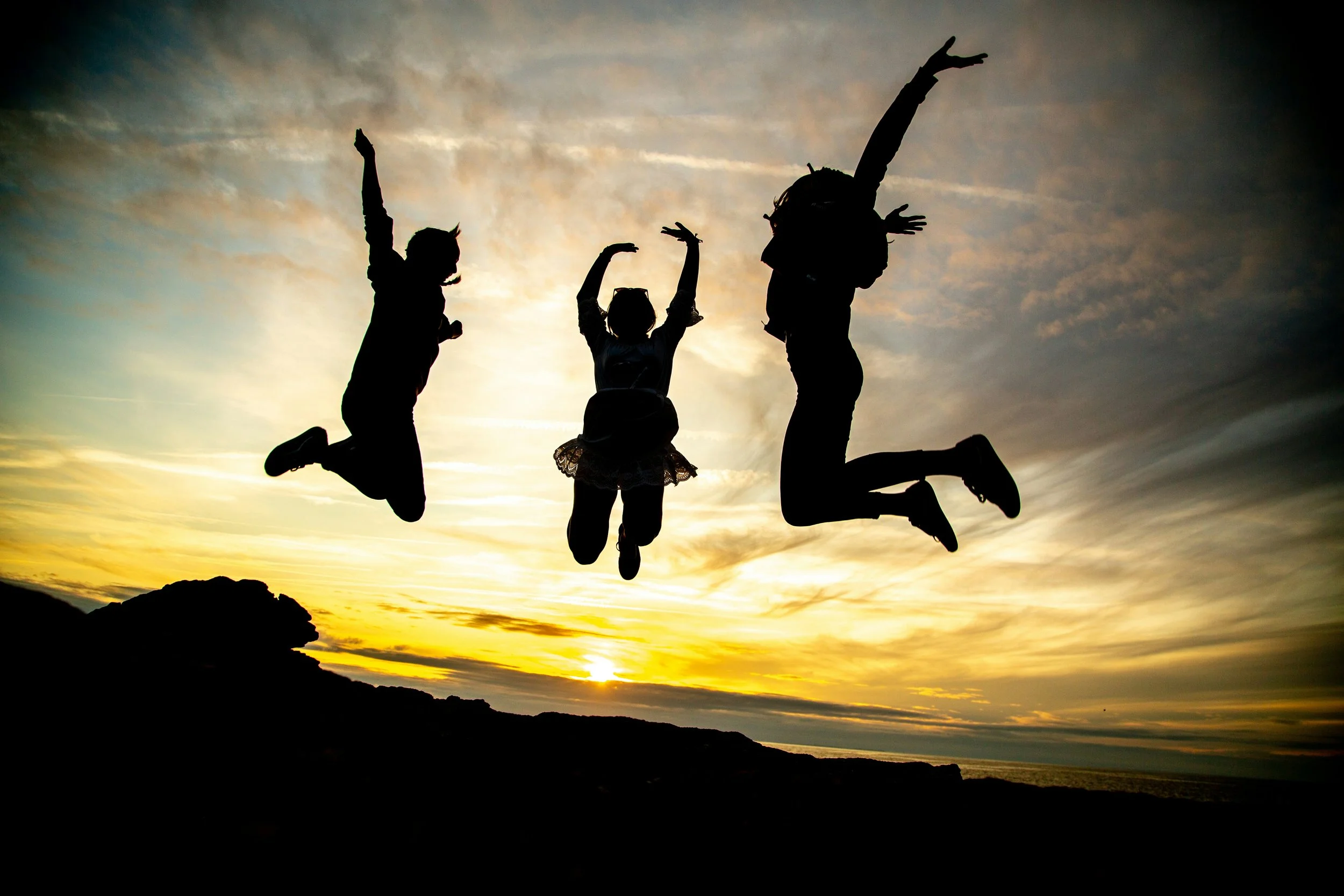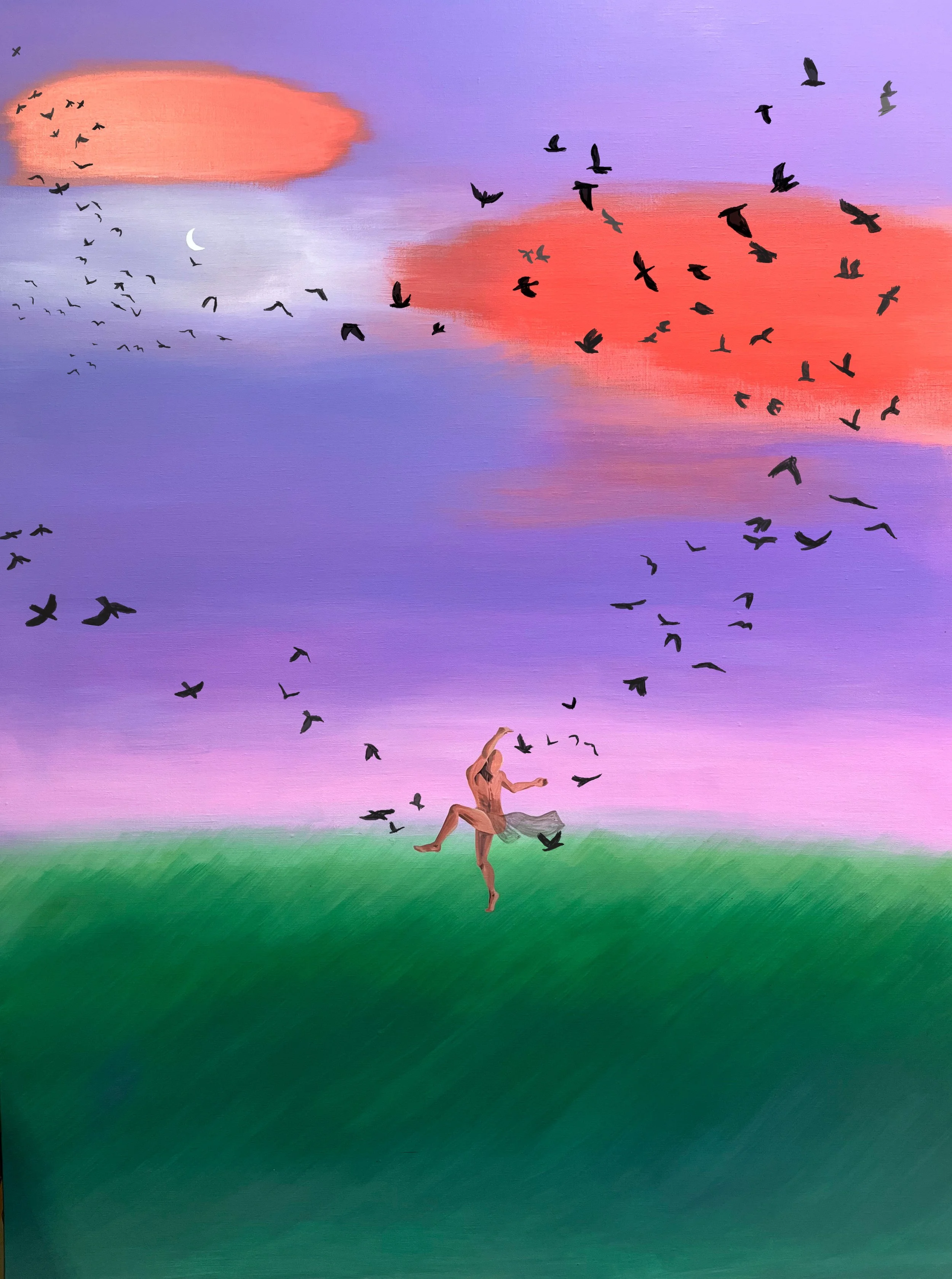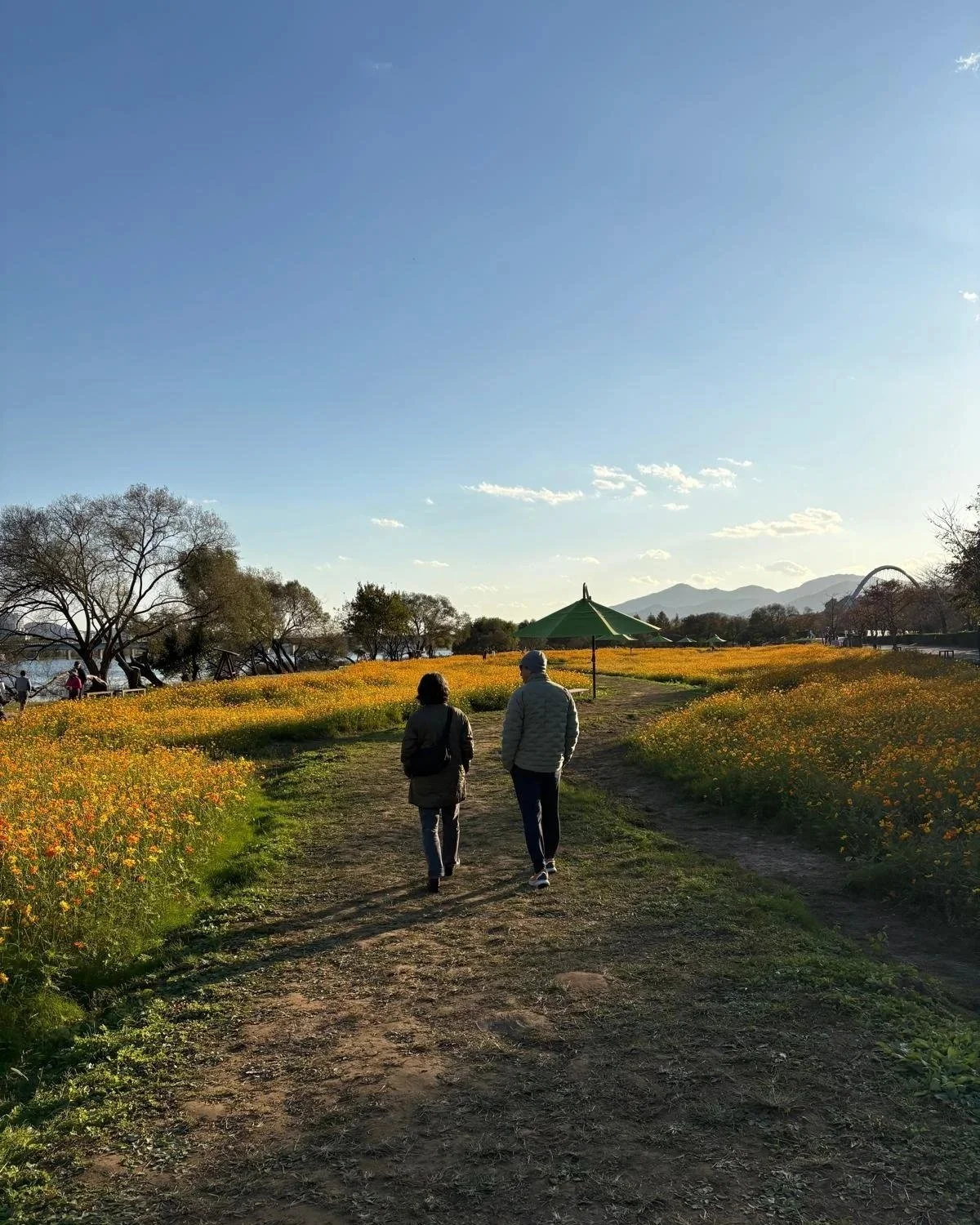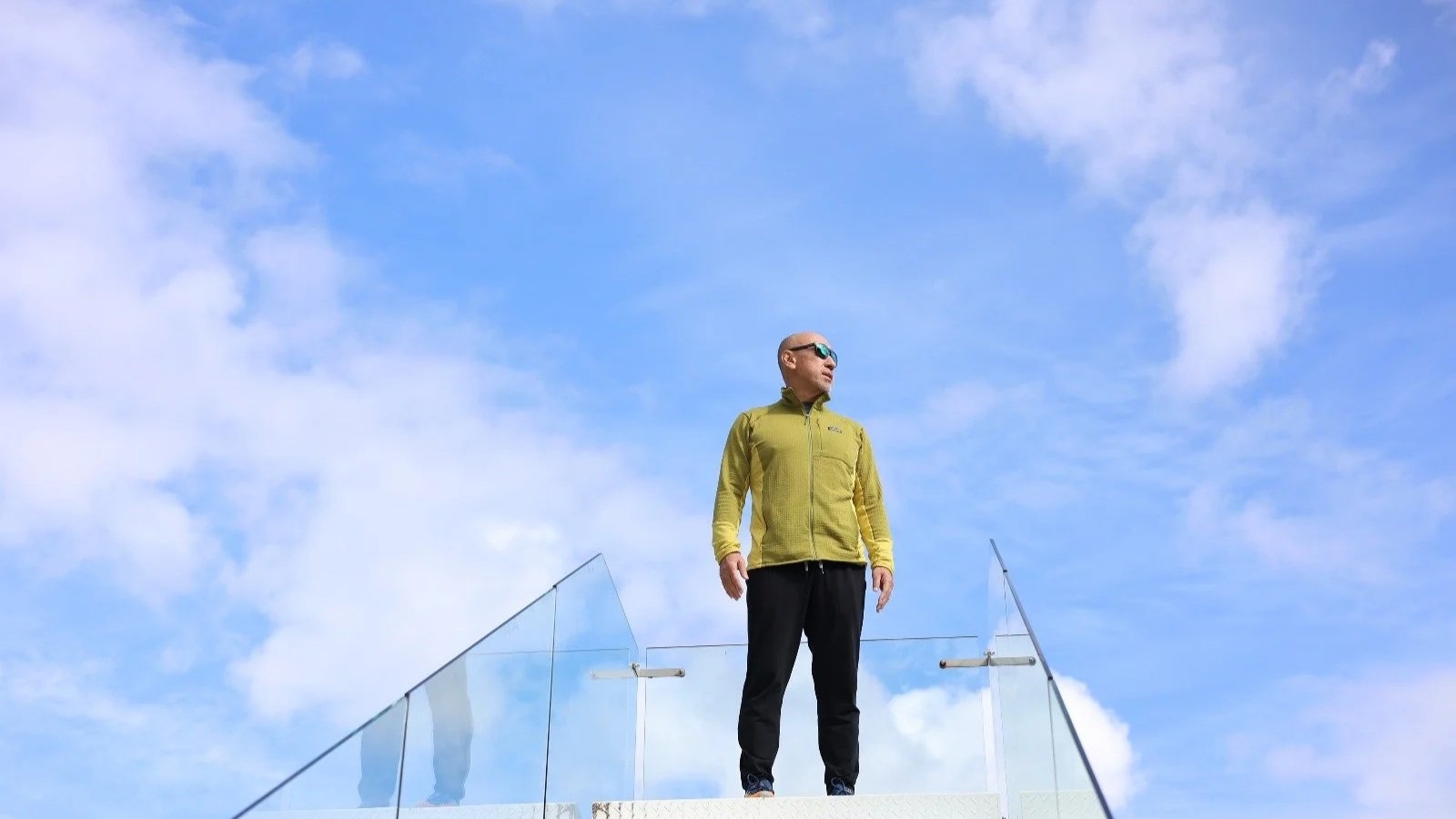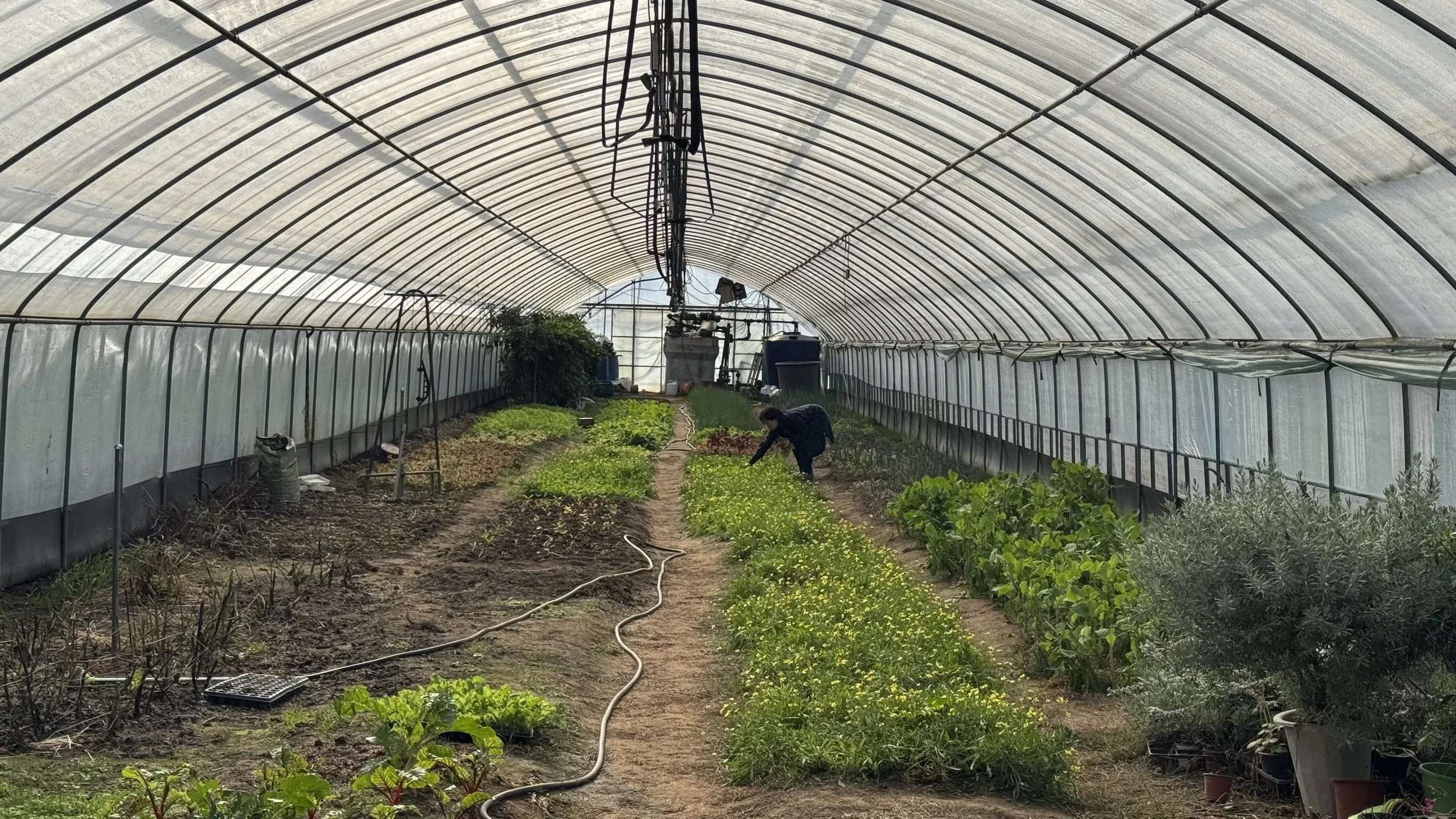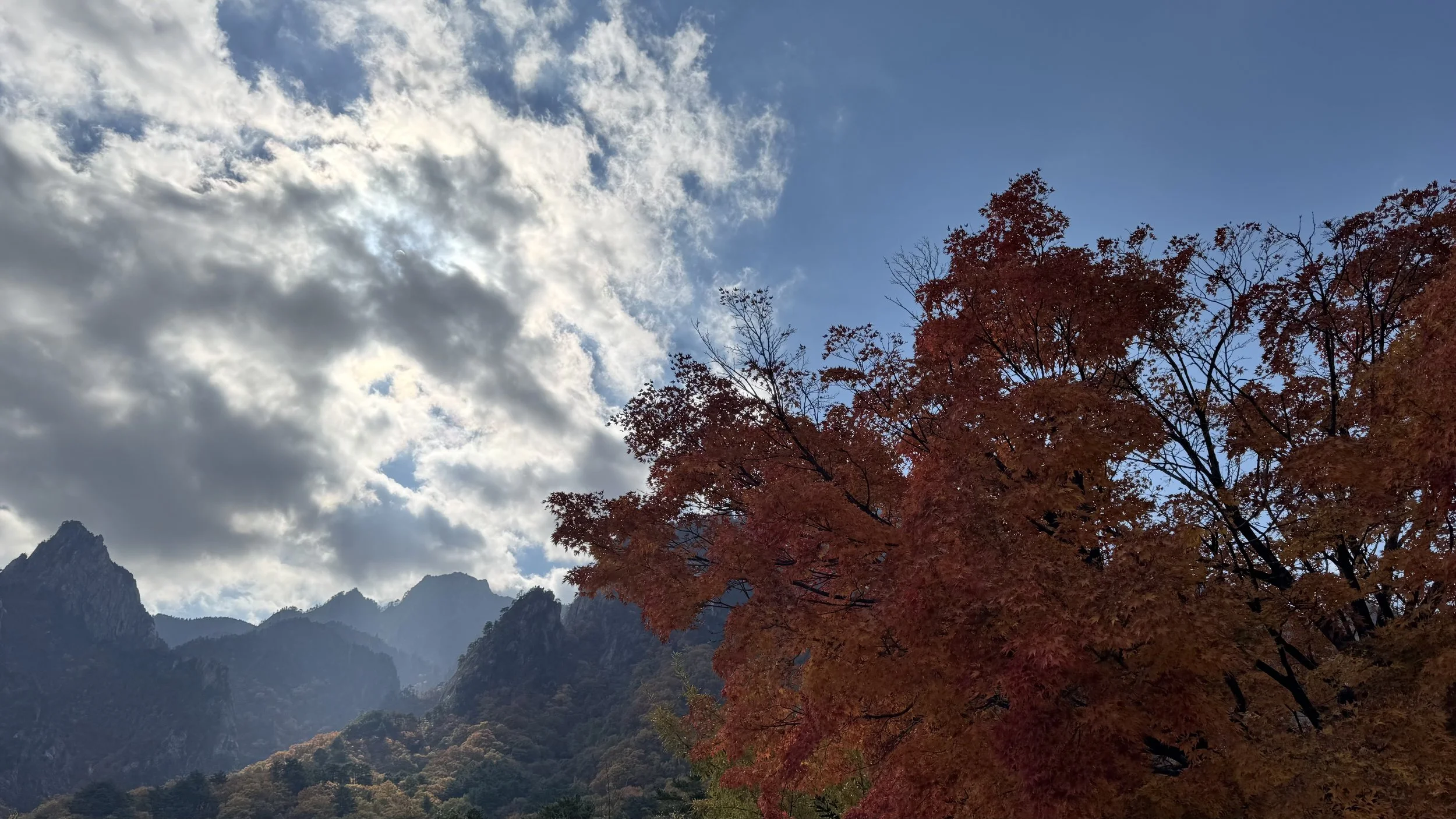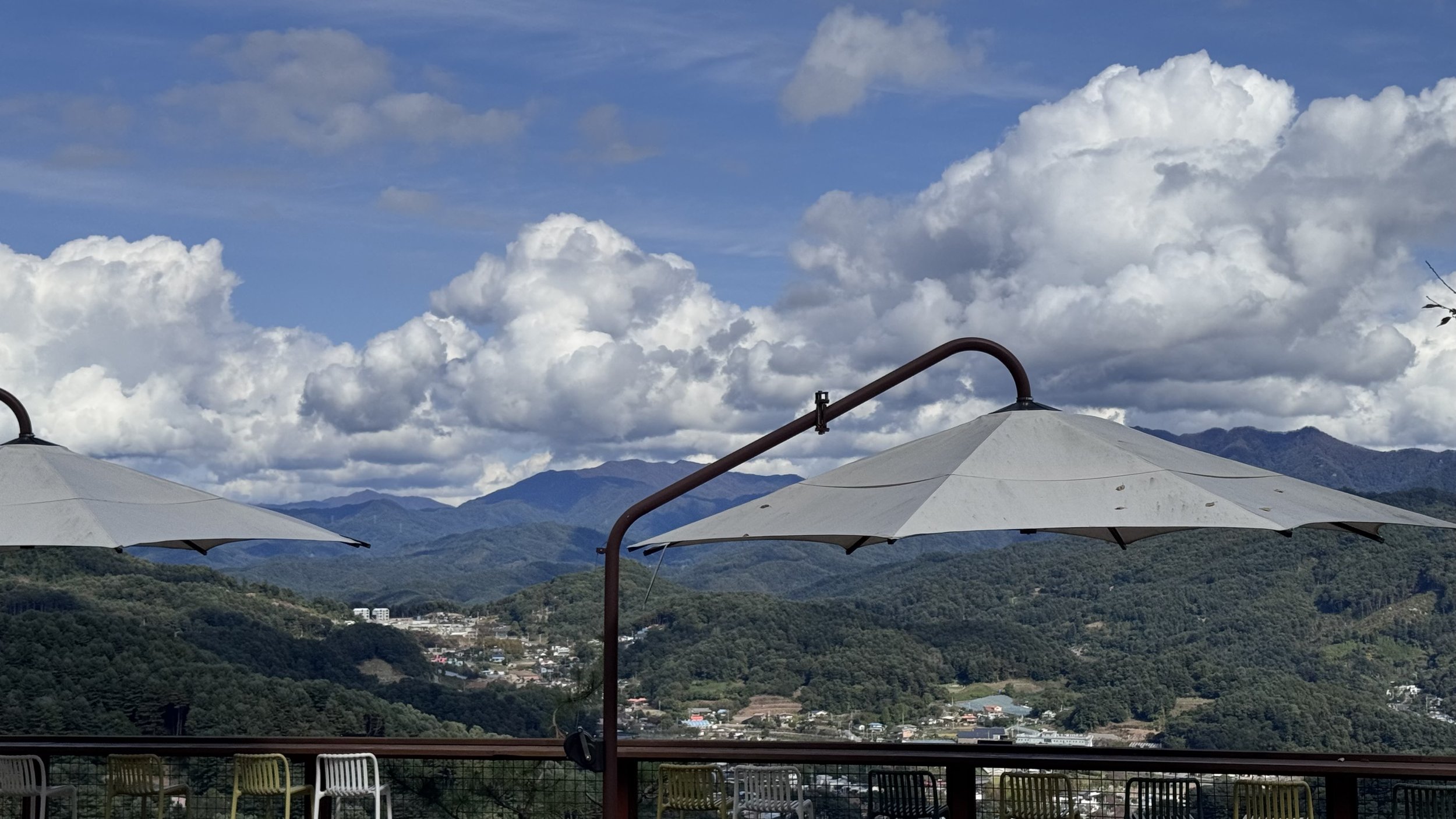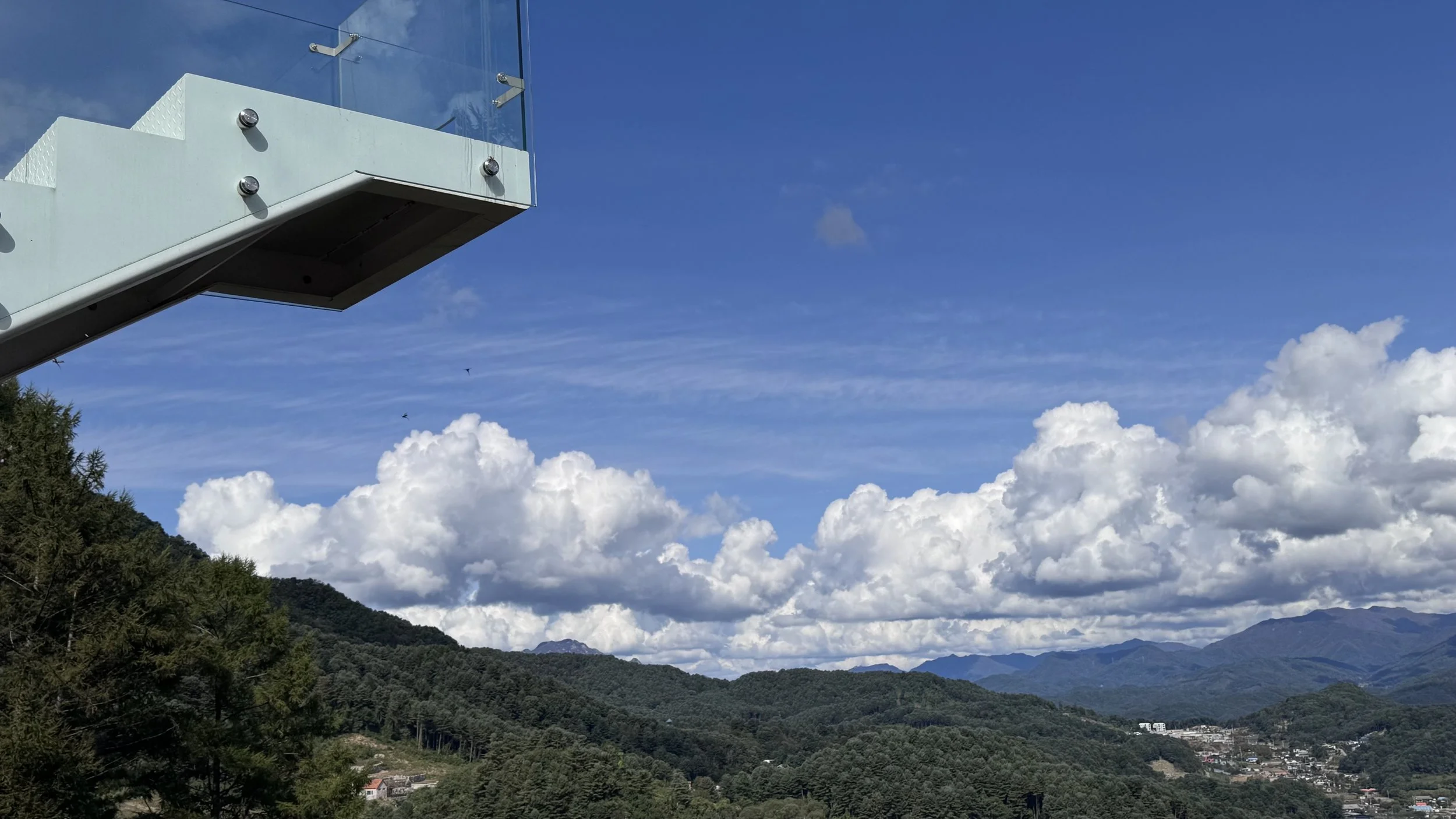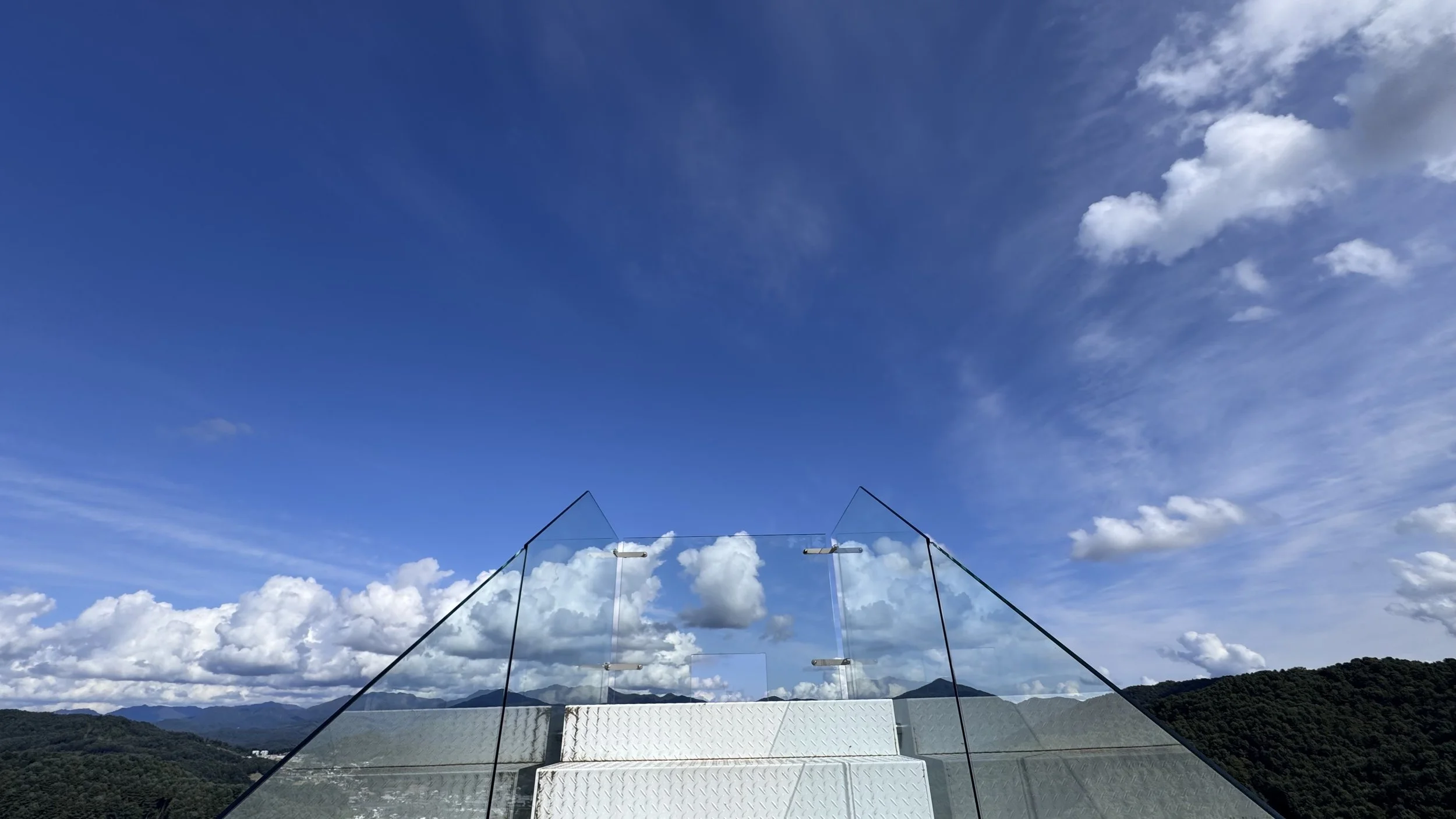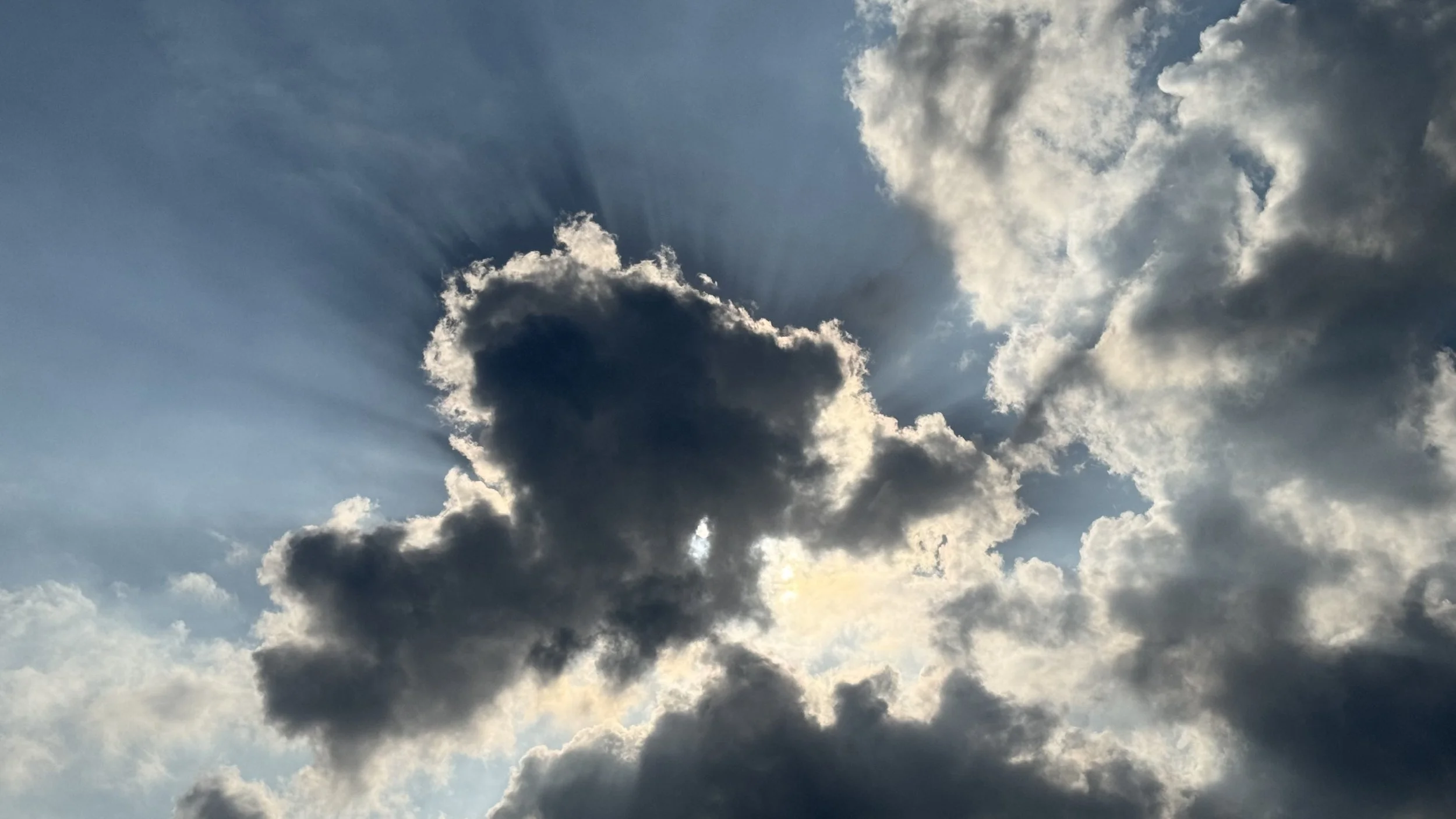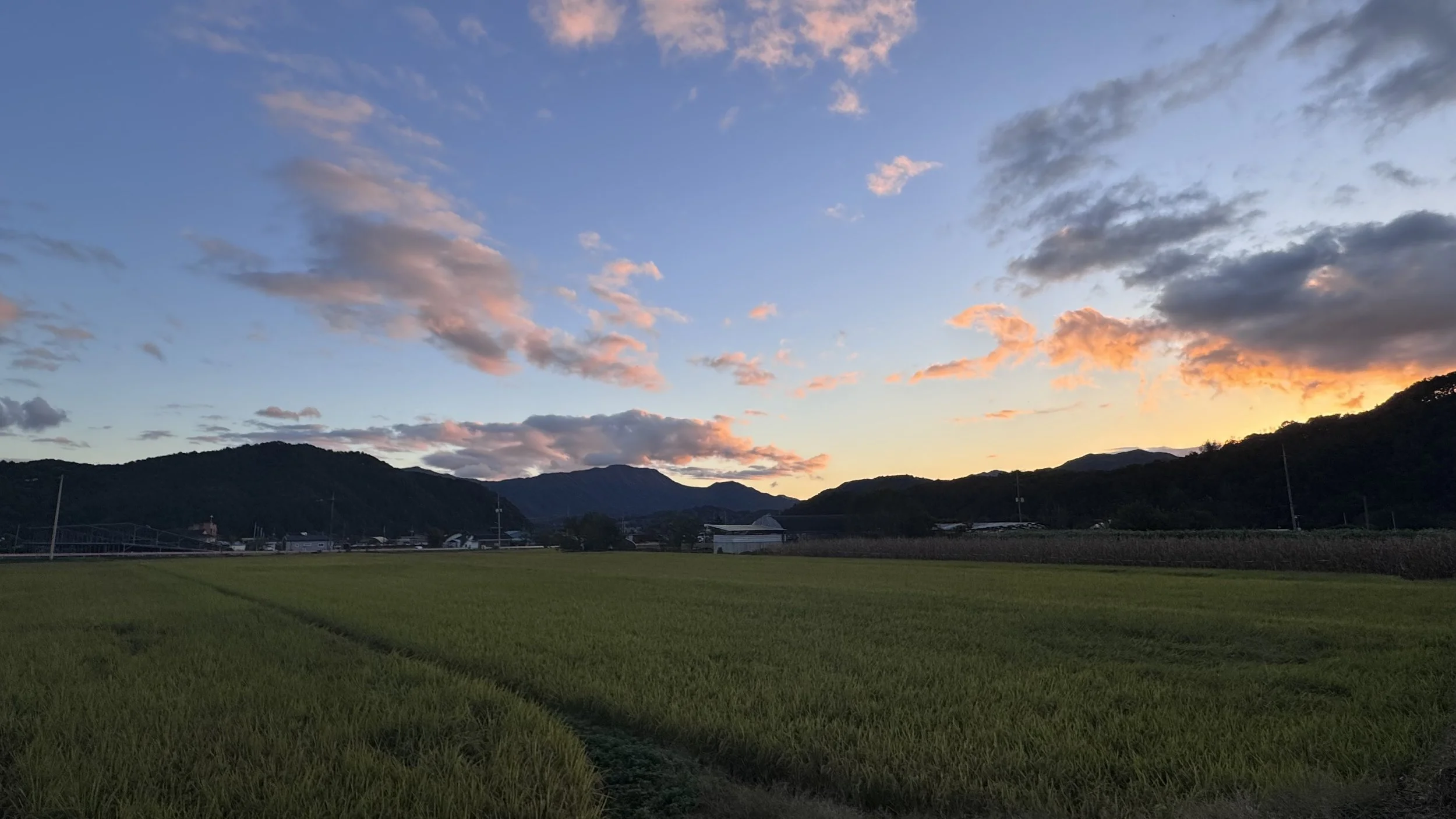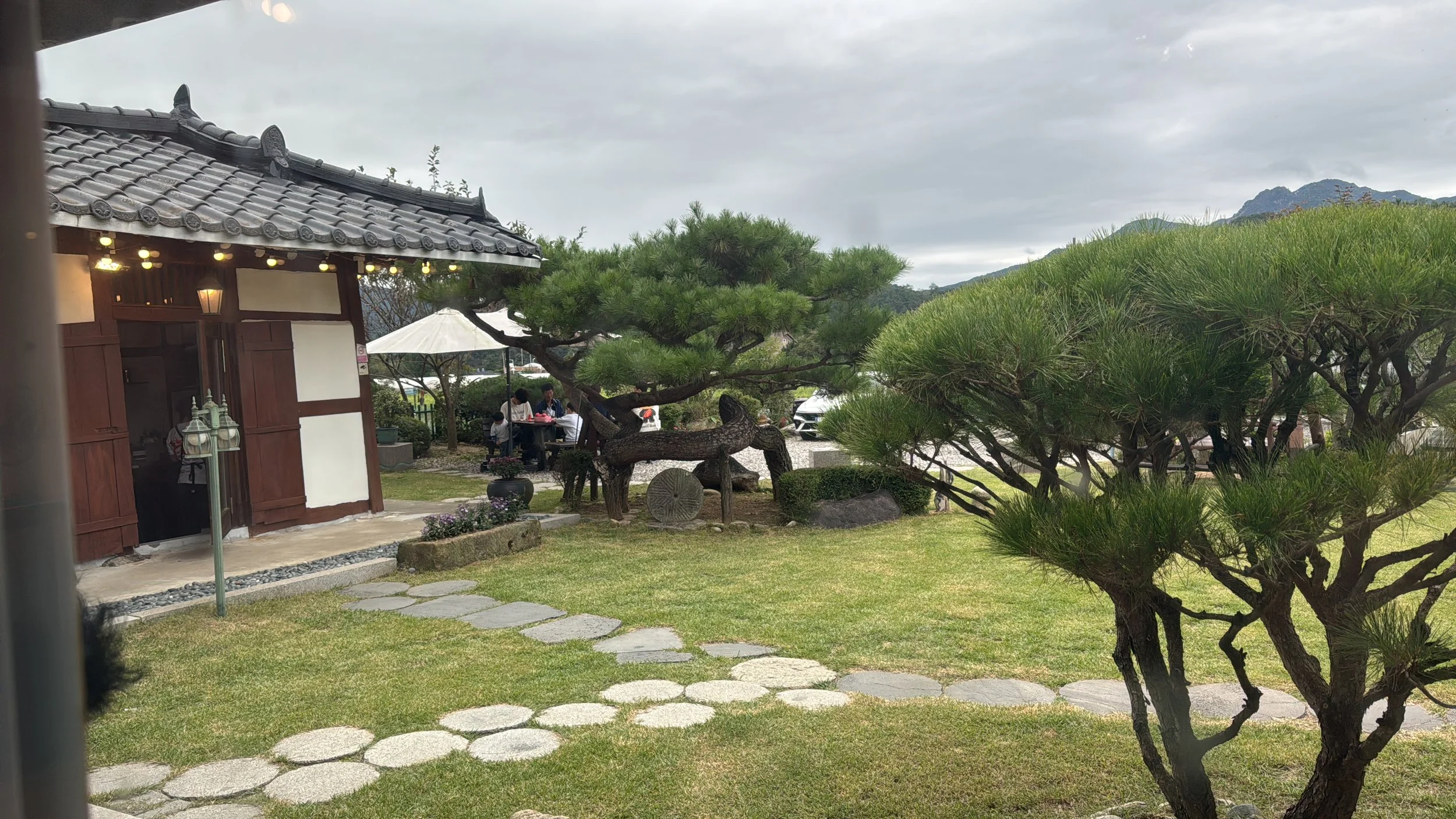A ROAD TRIP
“If you want to identify me, ask me not where I live, or what I like to eat, or how I comb my hair, but ask me what I am living for, in detail, ask me what I think is keeping me from living fully for the thing I want to live for.” Thomas Merton
Living or traveling in Asia has its unique blessings and challenges. Of course, Asia is not one conglomerate, uniform reality. It is as diverse as the world. There is no other continent like Asia. Even then, the lure of materialism and consumerism has taken hold and been amplified in the underlying context of honor and shame cultures. “I am what I have” or “I am what I do” with an Asian stereotypical dominant worldview of “I am what others think of me” has clouded the pursuit of one’s true identity. The “I am” without the attachment of “what” is a rarity, particularly in Asia. At its worst, the “I am” does not even exist. So, the question and pursuit of “I am” is viewed as an unnecessary, unrealistic luxury.
A few days ago, we joined a couple that we have known for quite some time on a road trip from Kuala Lumpur, Malaysia, to Koh Samui Island, Thailand. They are a younger couple whom we have mentored over the years, and now we are simply friends and sojourners in life. With the lunar new year landing this week, they invited us to join the road trip. I was ready for an adventure, but I was more eager to spend time with the couple.
Thailand is a proud country, “the land of the free,” meaning it was the only Southeast Asian nation never colonized by the Western powers. Whether it was due to Thailand serving as a buffer zone between the British and French, the clever diplomacy employed by Thai leaders to survive, or a combination of both, it still maintains the title 'the land of the free.' This is reflected in their confident, easygoing smiles, with aplomb toward life. When crossing the border, even though the landscape, climate, and roads are similar, the atmosphere of Thailand feels different.
We spent a night in Hat Yai and met with another couple who have been serving as missionaries in southern Thailand for more than two decades. Isolation and loneliness have been ongoing challenges for them, but they valiantly established themselves well within the region. As we shared dinner, our conversations naturally revolved around the stages of life, how we are supposed to live authentically, above and beyond our duties and responsibilities.
Coincidentally, I am now going through a module called “Critical Life-Stages of our Faith Journey.” There are many models and layers of faith and life stages. However, it broadly falls into two major categories: the first half of life and the second half. The first half of life is usually defined and shaped by external authorities, rules, and regulations. They function as dualistic rails for people to run on, and conformity is the name of the game. The self within the first half of life is often the projected self. We “project” ourselves to fit in and comply, so our true self remains hidden. Learning, belonging, and certainty are determining words.
In the second half of life, the authority shifts from external to internal. While still gaining wisdom from external sources, they are no longer ultimate. Faith becomes more subjective, experiential, and personal. There is also a shift from dualistic to non-dualistic postures of life, where mysteries, paradoxes, wonder, and contradictions can coexist. This stage requires unlearning and relearning. The dominant self in the second half of life is the focus on the “given” self, the self that is created by God from the beginning. We begin to take ourselves seriously because God does. Belonging takes a different shape, not for the sake of accountability or conformity, but for traveling together in the same direction.
What falls in between the first half and the second is hitting a big wall, or a series of big walls. The ticket to the second half of life lies in the ability and willingness to let go of what we once held dearly. After hitting a wall, our faith proceeds from perceived and prescribed faith to searching and owned faith.
Back to the Merton quote above, nobody is going to ask me how I comb my hair. ☺ I suppose that is one less thing for people to wonder about. . . I do get passionate about what I like to eat, although my standards are not high. I am easily impressed, but my short attention span quickly shifts to what my next meal or food will be. While I live for the “next meals,” what I am truly living for is pursuing wholeheartedly what I love, as I realize more and more that “I am what I love.” I have to trust that my given self knows what and how to love since I was created by Love and for love.
Bernard of Clairvaux’s four stages of ascending love provide a helpful way to reflect. In these, the last stage is “love of self for God’s sake,” with earlier stages of “love of self for self’s sake,” progressing to “love of God for self’s sake,” and ultimately to “love of God for God’s sake.” While on this earth, I oscillate between stages one to three and three to one. What I “love” must pass the test of “for whose sake.” While I seriously doubt I can stay in the ultimate stage, I do aspire to it, nonetheless. The last stage embodies the union of myself with God. It is a heavenly union that I believe can be experienced on earth, which is God’s Kingdom coming to earth. “I” no longer exist to the extent that loving myself equals loving God and loving my neighbors.
